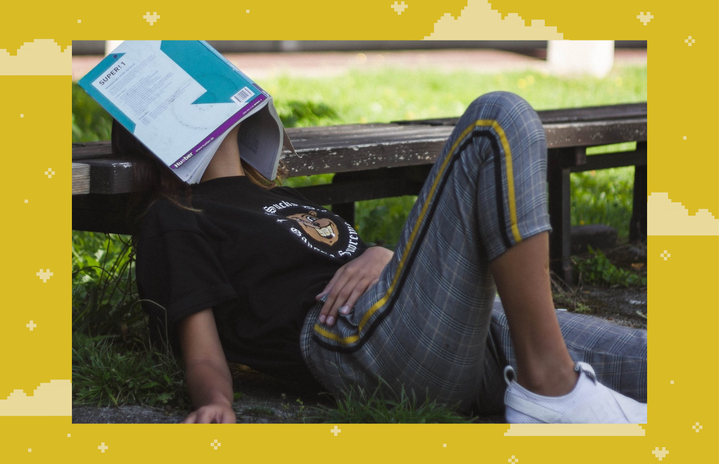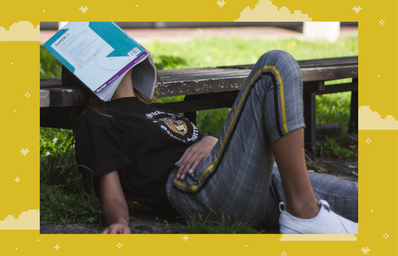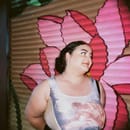The book ban is back and more conservative than ever. Since the rise of Banned Book week started, back in 1980, there was a time when this ban was hushed, at least until recently, when a surge of legislators and lawmakers once again made an elongated list of books on a “watchlist” waiting to be banned. The book ban is the censorship of certain books and the suppression of ideas and history from their audiences. This mostly happens in grade schools, stripping away the sources of information for younger individuals. As recently as this year, more than 800+ books have been listed as banned across the United States, including classics such as Maus by Art Spiegelman and Looking For Alaska by John Green.
These stories, although at complete opposite ends of the spectrum, take on difficult topics such as race theory, sexuality, death, and historical events such as the Holocaust. Pulling these books from the curricula of thousands of schools across the country serves as a disservice to the kids who are curious about topics such as sexuality and race. By restricting these stories you are erasing the real-life experiences that inspired them. These kids find solace in these stories, which explain, albeit in a more digestible way the different points of view in the world.
This conservative pressure on school districts to ban these books stems from just that: conservative ideologies in the eyes of adults. The books that are targeted are mainly those that challenge such conservative ideologies, but without these books on the shelves, children have no way of exploring other truths in the world. An example of this is the ban is Maus, which highlights the cruelty of the Holocaust. Without this graphic novel as a historical reference, for example, these children remain ignorant by turning a blind eye to the realities of the tragedy that is the holocaust.
As mentioned before, this tactic of banning important and impactful literature is part of conservative censorship. By censoring these books, these lawmakers truly believe that they are protecting their children when the effect is the opposite. Fighting against the Book Ban is crucial to keep the integrity of literature studies. Books like The Handmaid’s Tale, The Hate U Give, and In the Dream House are all books that tackle difficult topics, yet explore them in a way that truly reminds you of the impact of literature. This art form is made to be complicated, raw, and controversial!
Some important steps to be taken to restore banned books is to read the books that are being suppressed! Celebrating Banned Book Week and supporting the author’s affected works is the best way to show that they can’t censor all of us! Acquiring and reading them for affected students is fighting against censorship, fighting against suppression, and everything else the book ban claims to do. Happy reading!


